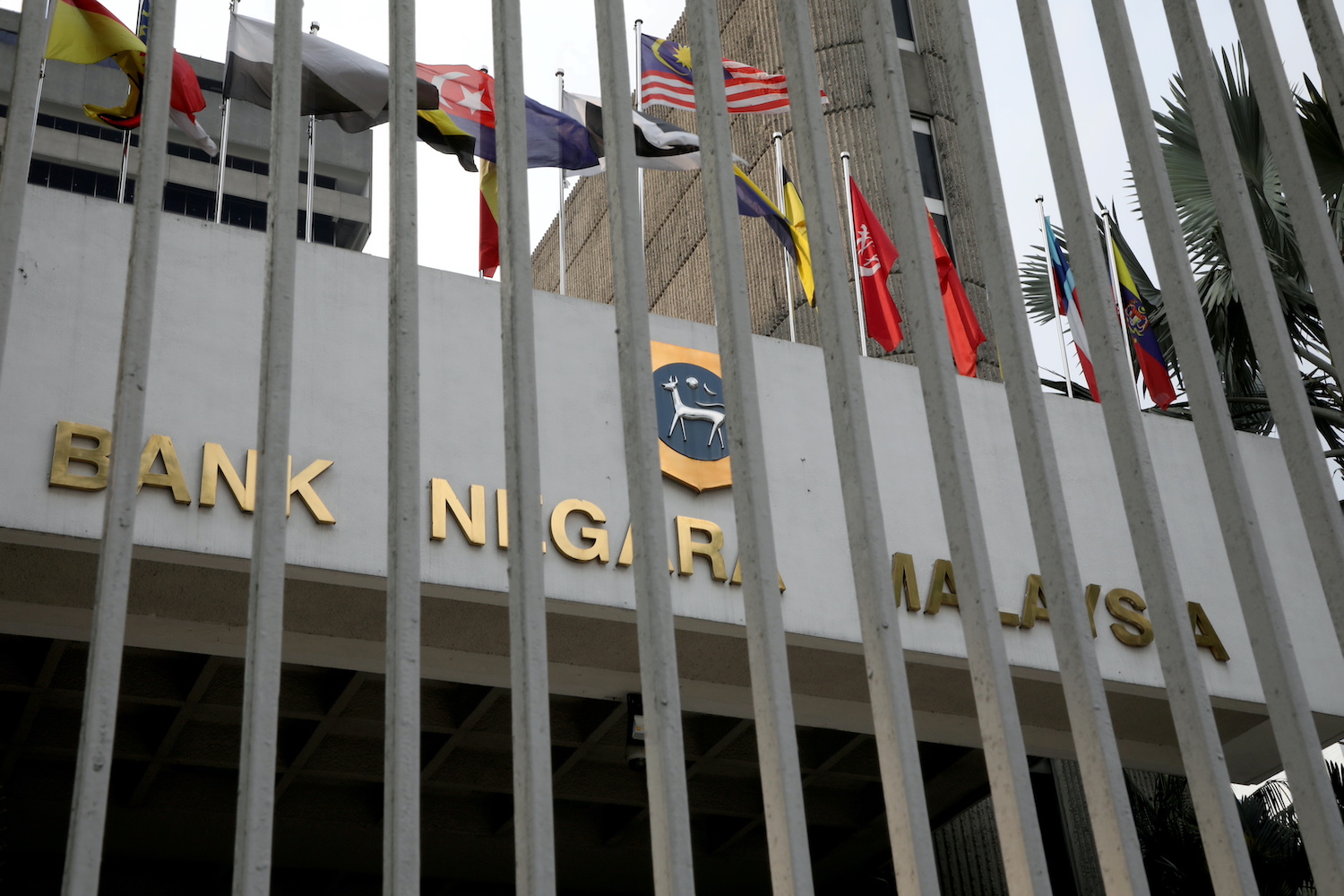Kuala Lumpur’s move to open up its banking sector has seen licence bids submitted by some of the region’s biggest operators keen to tap into the south-east Asian nation’s tech-savvy population
South-east Asian ride-hailing-to-fintech group Grab and budget airline AirAsia are among more than a dozen bidders involving over 50 companies vying for digital banking licences in Malaysia.
Others who submitted bids by Wednesday’s deadline included telecoms operator Axiata and a consortium backed by Chinese tech firm Tencent, sources claimed.
They have been drawn in by relatively low financial entry barriers and the promise of a growing army of young smartphone users in a country with a population of more than 32 million.
Also on AF: Nissan takes EV transformation to Europe with UK battery gigafactory plan
Malaysia’s move to open up its banking sector comes as Asian markets such as Hong Kong, Singapore and the Philippines are ushering in new players, mostly fintech firms, who are taking on incumbents with their low-cost and newer services.
The Malaysian central bank has said it will issue up to five licences by early 2022.
“Malaysia has many of the characteristics digital banking players are looking for, with a sizeable population, large smartphone penetration and young population eager to try out new services,” said Shankar Kanabiran, financial services consulting partner at EY.
Malaysia requires only 300 million ringgit ($72 million) of capital funds for digital banks, which has drawn interest from fintechs to money remittance companies to co-operatives representing banks and housing sectors.
PAID-UP CAPITAL
In contrast, Singapore needed licence applicants to have S$1.5 billion ($1.1 billion) in paid-up capital for fully functioning digital banks or S$100 million for digital wholesale banks.
Sources said that most of the applicants for Malaysia’s online-only banks were likely to be local, with only a handful of foreign names such as South-east Asian internet platform Sea, Grab and Tencent-backed Linklogis.
A joint venture of Grab and Singtel, which also won a full digital banking licence in Singapore, has applied with a consortium of other investors, Singtel said on Thursday.
AirAsia has tied up with a consortium for the application through its fintech unit BigPay, sources said. Axiata has teamed up with RHB Bank.
CREDIT ACCESS
At a news conference last month, Axiata Digital CEO Khairil Abdullah said that a lack of access to credit for a big chunk of Malaysia’s population had created a “very sizeable underserved segment” for the company to tap into.
Maybank, CIMB Group Holdings and Public Bank Bhd dominate Malaysia’s banking sector.
Nomura analysts said in a June report that the entry of digital banks would intensify competition in segments such as deposit pricing, fees, and later, loan pricing where there might be some overlap with conventional banks.
- Reporting by Reuters
Read more:
Indians see gold in crypto despite global crackdowns
Digital yuan set to ‘shake up’ China’s financial ecosystem
























